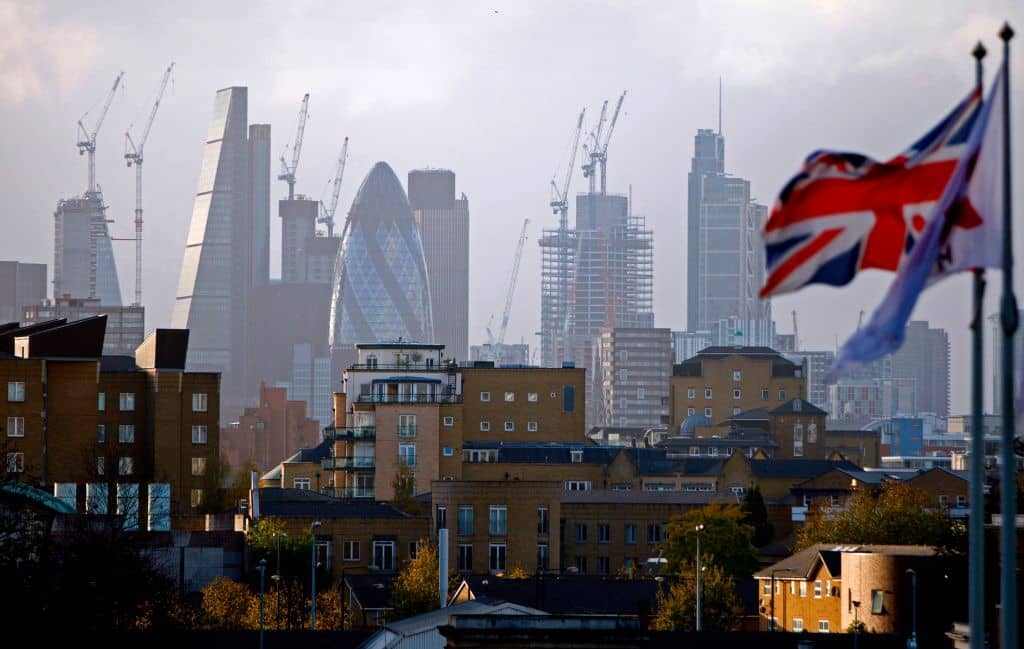Francois Hollande could hardly have been clearer in his intentions. In the immediate aftermath of the 2016 vote that took the UK out of the European Union, the French president was adamant that the City of London would have to lose one of its most important strategic assets, the right to clear trades denominated in euros.
‘The City, which thanks to the EU was able to handle clearing operations for the eurozone, will not be able to do them,’ he thundered. ‘It can serve as an example for those who seek the end of Europe…It can serve as a lesson.’
In reality, like so many of the EU’s threats, it was just bluster
It is hard to see much wriggle room there. And indeed, just to be sure no one missed it, the pledge was repeated endlessly by senior EU officials, and by the European Central Bank. And yet, now it turns out that the matter is not quite so clear cut.Yesterday, in a significant climbdown, the EU’s financial services commissioner Mairead McGuinness has extended the deadline for stopping EU banks and traders settling deals in London and forcing them to move operations to Paris or Frankfurt instead. More than five years after the UK left, London is still the key centre, and it now looks as if it will continue to hold that position for many years to come.
‘Clearing’ is a technical subject, but it is a key part of the plumbing of the financial systems. It allows trades in every kind of instrument to be settled between parties efficiently, cheaply, and most of all reliably. The City over many years has built up a dominant position in Europe; that, in turn, is an important competitive advantage. In total, £563 trillion – serious money when you come to think of it – of trades are cleared through London every year, creating lots of jobs and wealth along the way.
It is not hard to work out why the EU has backed down here. A little late in the day, admittedly, it has worked out that it actually needs the expertise of the City. The euro-zone, after all, is largely a machine for generating debt. Italy and France are 3rd and 4th biggest debtors in the world, although they are far smaller than the two biggest, the United States and Japan. The ECB prints money on a scale far larger than any central bank except for Japan’s. The EU is now getting in on the act, with its own borrowing for the 750 billion (£650 billion) euro Coronavirus Rescue Fund. Debt is piled on debt. It might be satisfying to cut off the City to ‘serve as a lesson’. But it also raises the awkward question of how you are going to borrow all that money.
In reality, like so many of the EU’s threats, it was just bluster. Euro-zone politicians might resent the City’s financial dominance of the continent. But that position reflects a long history, decades of accumulated expertise, and deep links across the world, none of which can be taken apart without doing a lot of damage to itself, as well as the other side. The EU has started to figure out that instead of trying to wreck areas of British expertise, and force business across the Channel with a mixture of bullying and sanctions, it might actually make sense for the two sides to work together. Heck, who knows, it might even catch on – and allow both the UK and the rest of Europe to prosper together.






Comments